Scholarly Articles On Fetal Alcohol Syndrome
Scholarly articles on fetal alcohol syndrome. That the primary focushas been on treatment and research. Alcohol is a well-established teratogen that can cause variable physical and behavioral effects on the fetus. In that article a group of pediatricians and psychiatrists at the University of Washington Medical School helped to define the morphological defects and developmental delays that can affect children born to alcoholic mothers.
Fetal alcohol syndrome is one of a spectrum of disorders under the umbrella term of fetal alcohol spectrum disorder FASD. The reason for FASD is known and preventable. It is caused by alcohol exposure to the embryofetus during pregnancy.
The differences in maternal and fetal enzymes in terms of. Its clinical characteristics assessment diagnosis and prevention. The term Fetal Alcohol Syndrome FAS was first published in a 1973 article in the British medical journal The Lancet.
Several organs are sensitive to alcohol exposure during all stages of pregnancy. Identifying the behavioural phenotype in fetal alcohol spectrum disorder. Describe the signs of fetal alcohol syndrome in the.
The term fetal alcohol syndrome FAS refers to a constellation of physical behavioral and cognitive abnormalities. 2 Although it has long been recognized that affected individuals may have some but not all of the FAS characteristics research has not identified a reliable way of. In this paper we discuss those aspects of fetal alcohol syndrome relevant to the clinician.
To prenatal alcohol exposure Health Canada 1996. Alcohol easily crosses the placenta and may cause cell damage and interfere with developing organs for example the brain and the spinal cord. It is an organic brain disorder which is characterized by central nervous system involvement growth.
Recognition of the fetal alcohol syndrome in early infancy. The most severe condition in this spectrum of diseases is known as fetal alcohol syndrome FAS.
Article Google Scholar 21.
Today FAS remains the. In this paper we discuss those aspects of fetal alcohol syndrome relevant to the clinician. It is caused by alcohol exposure to the embryofetus during pregnancy. Fetal Alcohol Exposure and the Brain Nearly 30 years ago scientists first coined the term fetal alcohol syndrome FAS to describe a pattern of birth defects found in children of mothers who consumed alcohol during pregnancy 12. Sensitivity specificity and screening potential. The term fetal alcohol syndrome FAS refers to a constellation of physical behavioral and cognitive abnormalities. It is an organic brain disorder which is characterized by central nervous system involvement growth. To prenatal alcohol exposure Health Canada 1996. In that article a group of pediatricians and psychiatrists at the University of Washington Medical School helped to define the morphological defects and developmental delays that can affect children born to alcoholic mothers.
Fetal alcohol syndrome is one of a spectrum of disorders under the umbrella term of fetal alcohol spectrum disorder FASD. Alcohol is a well-established teratogen that can cause variable physical and behavioral effects on the fetus. 2 As many as 50 of affected children also. They are fetal alcohol syndrome FAS partial fetal alcohol syndrome pFAS alcohol-related neurodevelopmental disorder ARND a neurobehavioral disorder associated with prenatal alcohol. Describe the signs of fetal alcohol syndrome in the. Fetal Alcohol Syndrome FAS refers to a constellation of physical and mental birth defects that may develop in individuals whose mothers consumed alcohol during pregnancy. 1 In addition to the classic dysmorphic facial features prenatal and postnatal growth abnormalities and mental retardation that define the condition approximately 80 of children with FAS have microcephaly and behavioral abnormalities.







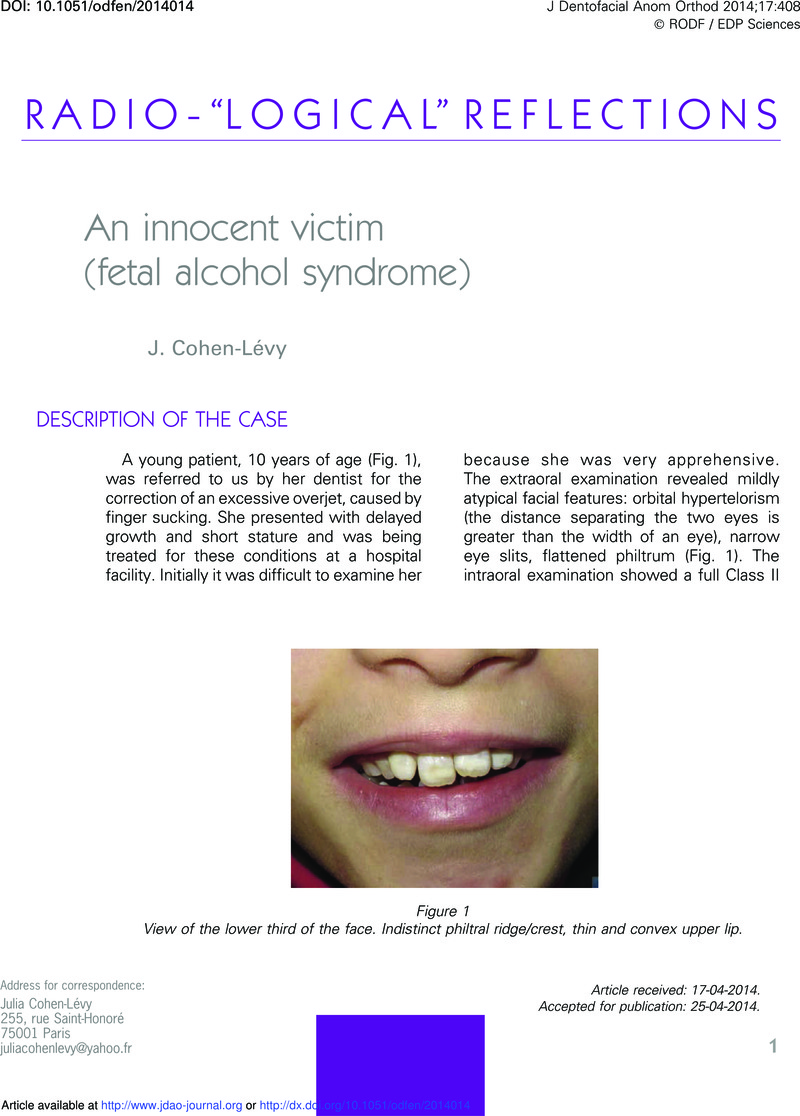






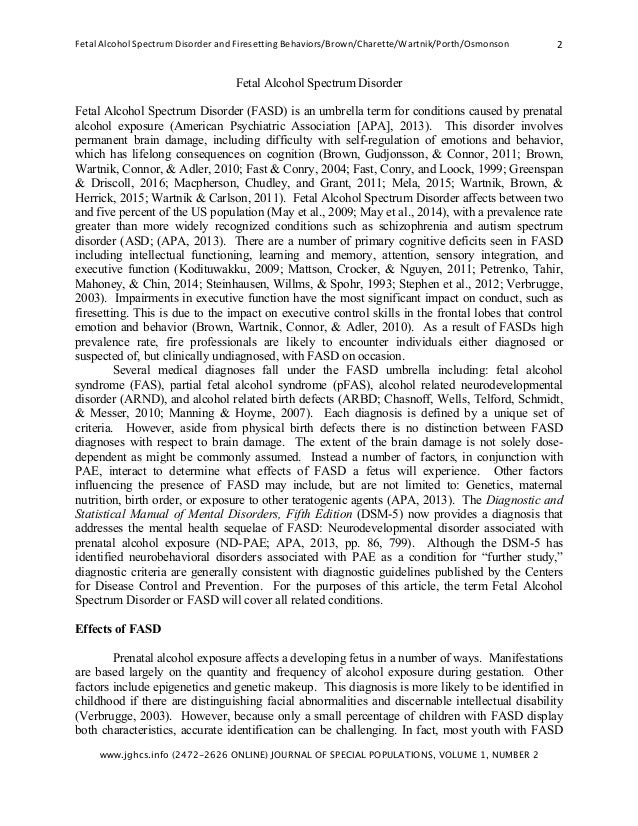


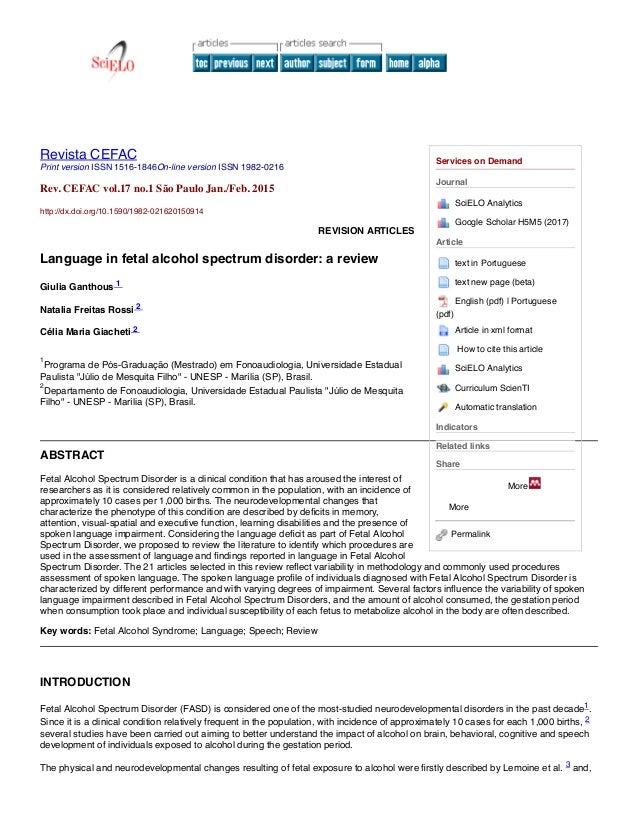
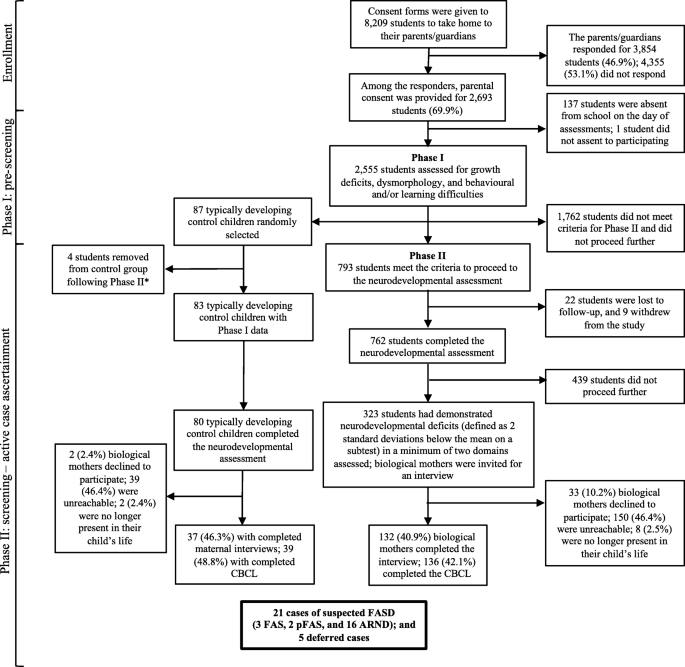

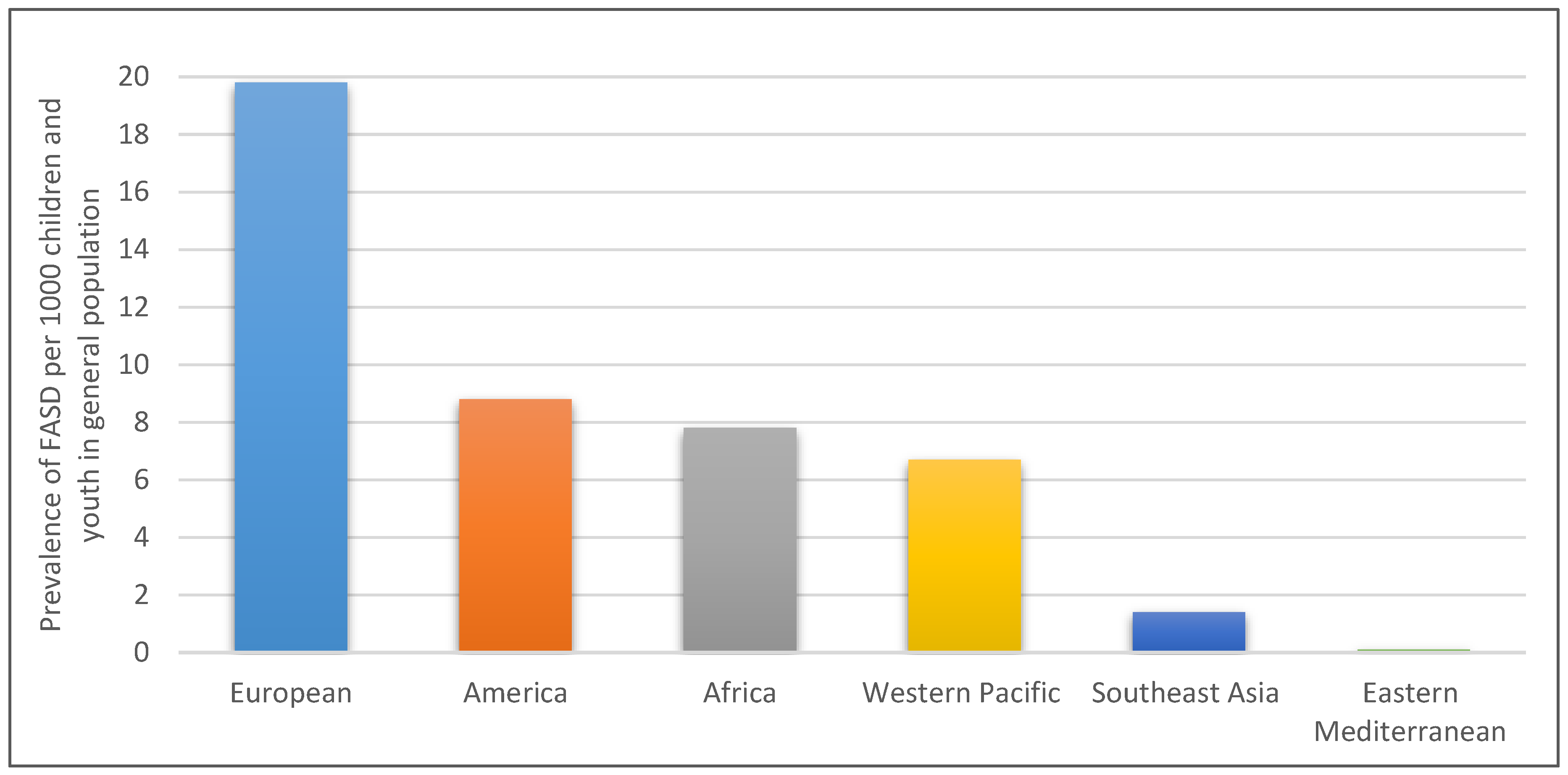












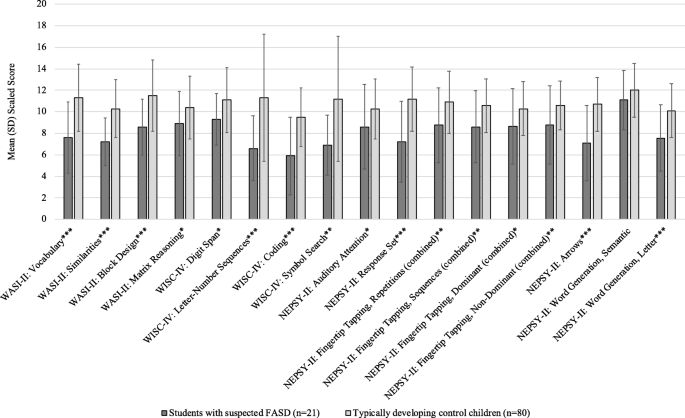

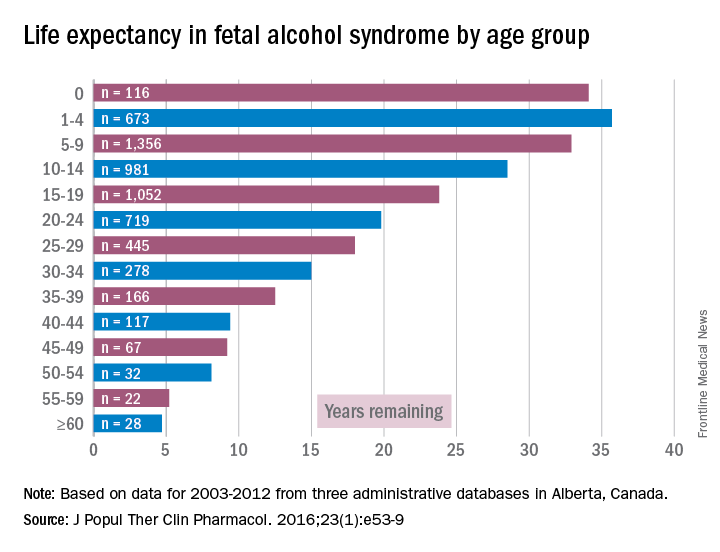


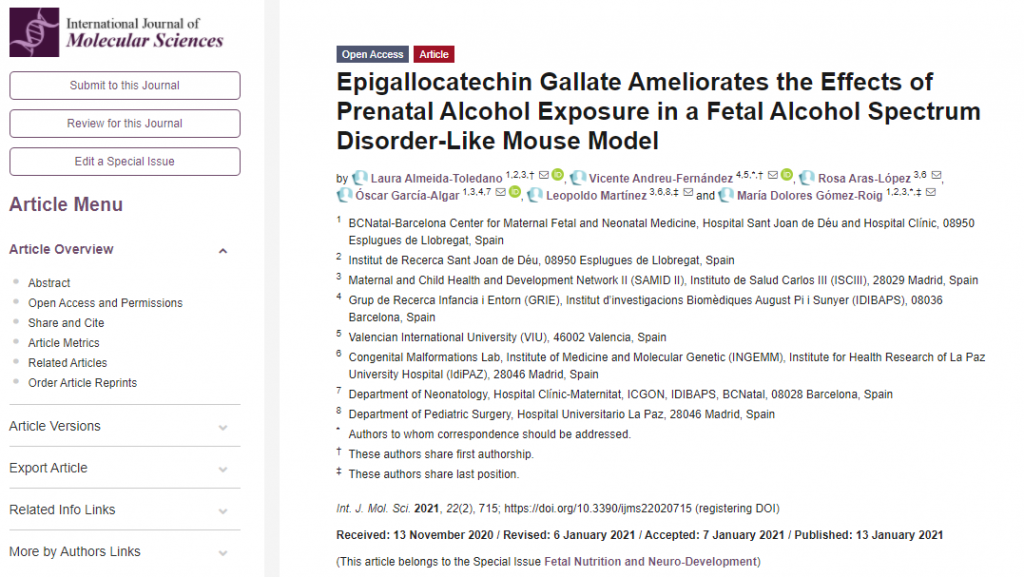



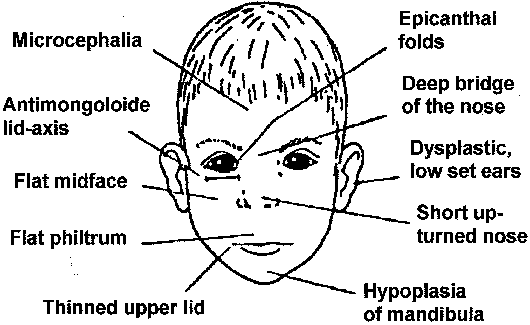
Post a Comment for "Scholarly Articles On Fetal Alcohol Syndrome"